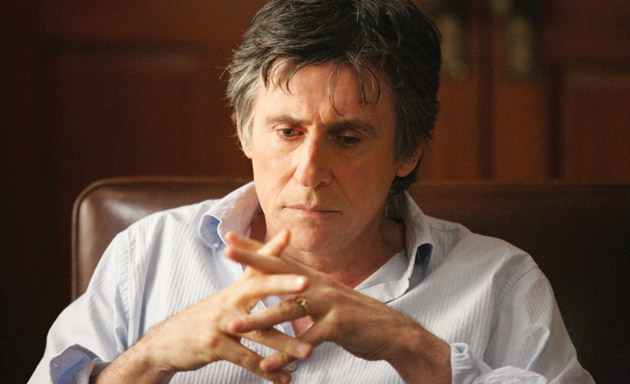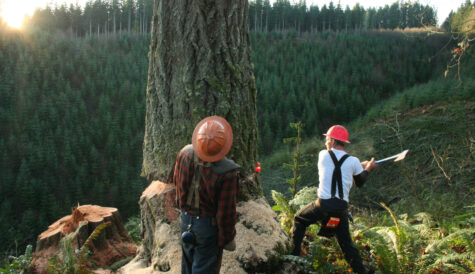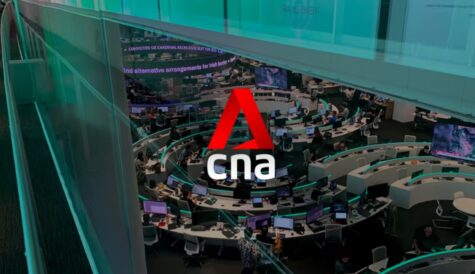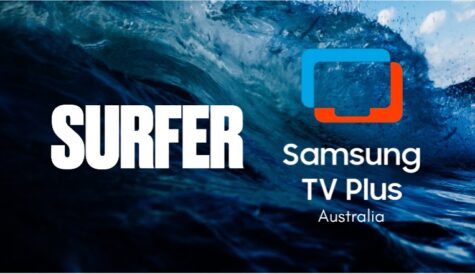
After more than 40 years of operation, DTVE is closing its doors and our website will no longer be updated daily. Thank you for all of your support.
Content conundrum
Investing in original content can be a step-change for international channels. It can also help build local brand loyalty.
Content strategies vary hugely between international pay-TV channel providers. The extent to which thematic channel providers plunge into the world of original production can depend on their audience reach and resources. For a number of high-profile content brands, original content is a key part of their proposition.
“We’re fortunate to have access to a great amount of content produced by the BBC. But we also access content from indie producers and other UK networks,” says Dean Possenniskie, general manager and senior vice-president EMEA, BBC Worldwide. Despite this model, Possenniskie sees opportunities to develop some local content based on existing formats. “We see opportunities to produce local content, but we’ll be quite selective about formats and it’s very important we ensure the same level of quality as what’s being produced in the UK.”
Original content is also key for music channel provider MTV. “It’s important to develop our own content – it’s a differentiator and ensures we retain rights across all platforms,” says Bhavneet Singh, managing director and executive vice-president, emerging markets, MTV Networks International. Key MTV-owned franchises including Pimp My Ride, SpongeBob SquarePants and The Daily Show are, says Singh, at the heart of its brands.
According to Phil Lawrie, commercial director, Al Jazeera there’s been a significant shift to own-produced output in the last year for its documentary channel. “One of the upsides of this is that it gives us more wholly-owned product with which to develop our programme sales business,” he says.
 For some genres, such as news, original content is a sine qua non. “Our logic of production obeys the very nature of our media. France 24 is a strong alternative in the global environment of international news channels, with its own-produced magazines, reports and debates proposing a French perspective on world news, says Philippe Rouxel, vice-president, worldwide distribution, France 24. “Today more than three quarters of our programming consists of in-house production.”
For some genres, such as news, original content is a sine qua non. “Our logic of production obeys the very nature of our media. France 24 is a strong alternative in the global environment of international news channels, with its own-produced magazines, reports and debates proposing a French perspective on world news, says Philippe Rouxel, vice-president, worldwide distribution, France 24. “Today more than three quarters of our programming consists of in-house production.”
For channel providers that have based their business on acquired content, a move into original production is something to be treated with a certain amount of caution. “Own-produced content is something that Chello Zone has introduced in recent years, with the development of original content,” says Louise Cottrell, vice-president, affiliate sales, Chello Zone. Nevertheless, she says, Chello Zone continues primarily to acquire its programming and has also worked in partnership with programme producers.
Local programming
While kids channels, for example, often rely on tried and tested shows with broad international appeal, local production is also felt to be important. “It is important to root yourself in local markets so that the channel is relevant to the target audience. At KidsCo, our strategy is to mix the very best programming from around the world with locally commissioned content,” says Paul Robinson, managing director of international kids channel KidsCo.
It’s a similar story at A&E Television Networks. “Developing own-produced content is essential to our strategy – whether referring to our US channels or those in German-speaking Europe,” says Sean Cohan, senior vice-president, international.
For Niall Curran, chief operating officer of Chello Zone’s parent company Chellomedia, the mix will vary with genre, with cooking and lifestyle channels typically having the highest proportion of own-produced content. “Even in a channel that might be 90% acquired content, having a local flavour going into the acquisition process and even a small proportion of local own-produced content can make for a different viewing experience,” he says.
HBO Central Europe, with its strong regional focus, has some of the most ambitious plans for local content production. “In a world crammed with digital media, I do believe major brands are required to maintain exclusive content, be that own-produced or not,” says Linda Jensen, CEO. “We are lucky to have so much fantastic product produced by HBO in the US, and have increased our local product output in key markets to include stand-up comedy, documentary and co-productions.” HBO Central Europe is also moving into fiction production. “We do have some local fiction projects in their very early stages, and plan to produce tent-pole local productions – series, mini-series, sitcom – for our larger, core markets. Given central Europe’s numerous small nations, creating large volume for the small markets will be economically challenging, but we plan to jump in and see how it goes,” says Jensen.


